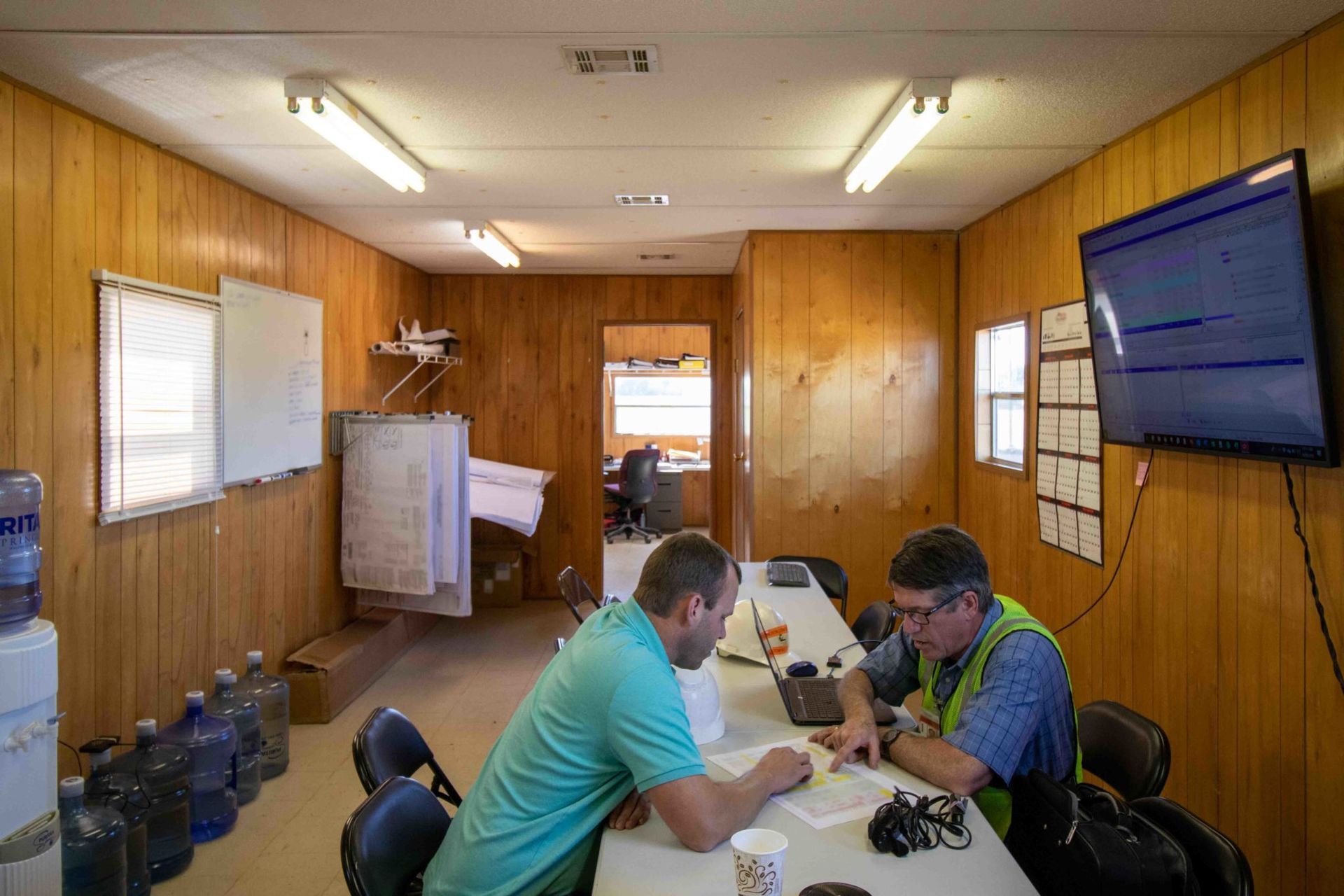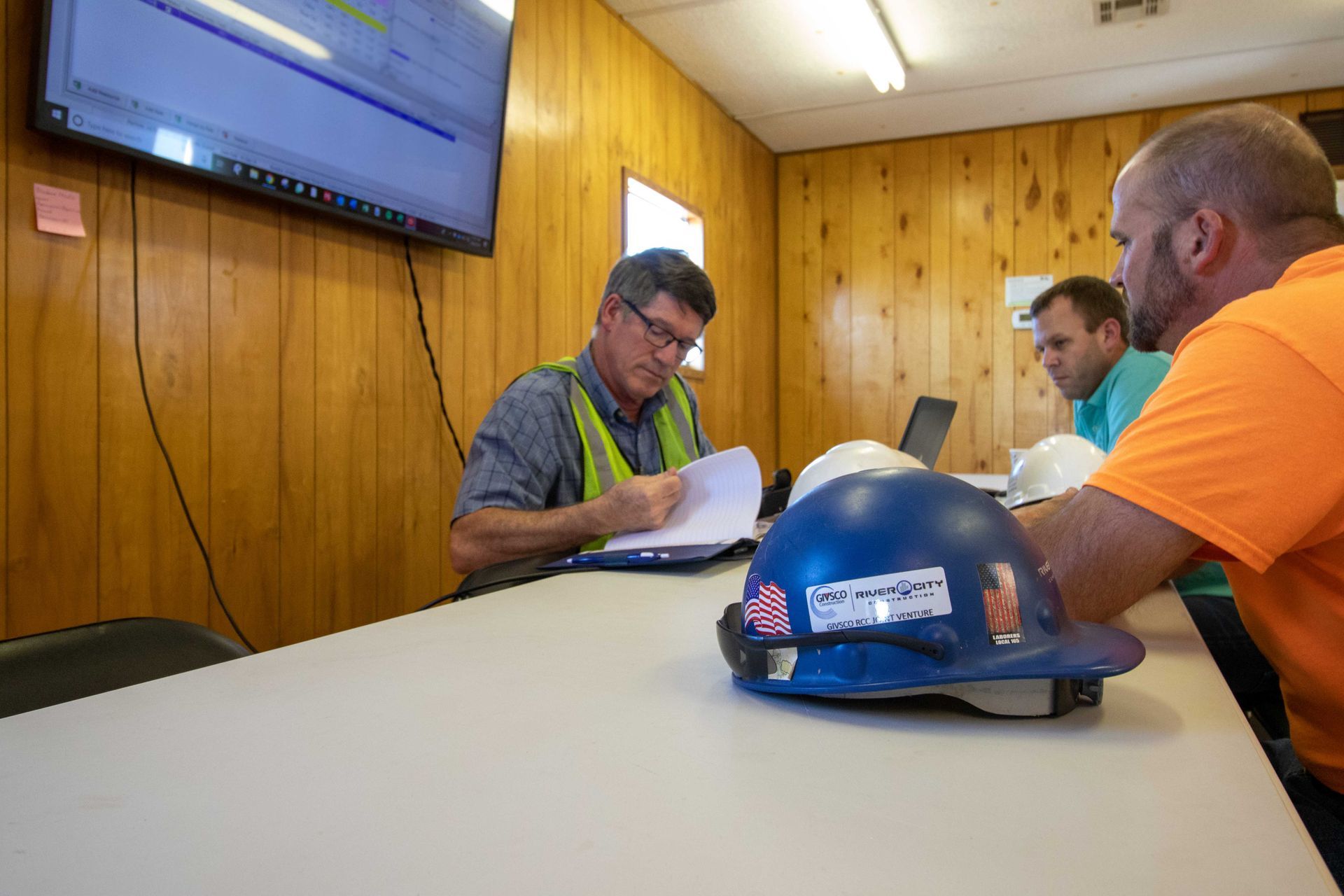An Overview of Cybersecurity in Construction
The construction industry is experiencing a technological revolution. Contractors and companies alike increasingly rely on digital tools, from Building Information Modeling (BIM) and intelligent construction technologies to integrating drones and Internet of Things (IoT) devices.
While these advancements offer numerous benefits, they expose the industry to new vulnerabilities. Cybersecurity has emerged as a critical concern for construction firms, requiring robust strategies to protect sensitive data and systems from cyber threats.
The Growing Threat Landscape
Construction companies, often perceived as less tech-savvy than other sectors, are becoming prime targets for cybercriminals. The industry's increasing adoption of digital tools means more entry points for potential attacks. Common threats include phishing schemes, ransomware attacks, and data breaches. These cyber incidents can lead to significant financial losses, project delays, and reputational damage.
One notable example is the
2020 ransomware attack on French construction company Bouygues, where threat actors held
200GB
of data for ransom. The attack disrupted operations and likely cost the company thousands of dollars, highlighting the vulnerability of construction firms to cyber threats. Such incidents underscore the urgent need for comprehensive cybersecurity measures within the industry.
Key Cybersecurity Challenges
Several factors contribute to the construction industry's cybersecurity challenges:
- Complex Supply Chains: Construction projects often involve multiple stakeholders, including contractors, subcontractors, suppliers, and clients. The interconnected nature of these relationships creates numerous potential entry points for cyberattacks.
- Legacy Systems: Many construction firms rely on outdated IT infrastructure and legacy systems, which are more susceptible to cyber threats and often lack the necessary security features to defend against modern attacks.
- Data Sensitivity: Construction companies handle a wealth of sensitive information, from project blueprints and financial records to personal data of employees and clients. A data breach can compromise this information, leading to severe consequences.
- Workforce Awareness: The industry's workforce needs to be adequately trained in cybersecurity best practices; this lack of awareness can lead to inadvertent security breaches, such as email phishing scams or mishandling sensitive data.

Implementing Robust Cybersecurity Measures
To mitigate these risks, construction companies must adopt a proactive approach to cybersecurity. Here are some essential strategies:
- Comprehensive Risk Assessment: Conducting regular risk assessments helps identify vulnerabilities within the organization's digital infrastructure. This process involves evaluating current security measures, identifying potential threats, and developing strategies to address them.
- Employee Training and Awareness: It is crucial to educate employees about cybersecurity best practices. Regular training sessions can help workers recognize phishing attempts, practice safe internet usage, and understand the importance of protecting sensitive information.
- Advanced Security Technologies: Investing in modern security technologies can significantly enhance a firm's cybersecurity posture; this includes deploying firewalls, intrusion detection systems, encryption tools, and anti-malware software. Additionally, using multi-factor authentication (MFA) can add an extra layer of security to critical systems and data.
- Data Management and Backup: Implementing robust data management practices ensures that sensitive information is stored securely and backed up regularly. In the event of a cyber incident, having reliable backups can facilitate quick recovery and minimize downtime.
- Secure Supply Chain Practices: It is vital to collaborate with trusted partners and vendors who adhere to stringent cybersecurity standards. Regularly auditing third-party security practices can help ensure that the entire supply chain remains secure.
- Incident Response Planning: Developing and maintaining a comprehensive incident response plan is essential. This plan should outline the steps to take in the event of a cyberattack, including communication protocols, containment measures, and recovery procedures.

Looking Ahead: A Secure Digital Future
Cybersecurity must remain a top priority as the construction industry embraces digital transformation. By implementing robust security measures, conducting regular risk assessments, and fostering a culture of cybersecurity awareness, construction firms can protect themselves against evolving cyber threats. Ensuring the security of digital assets safeguards sensitive information, contributing to the overall resilience and success of construction projects in the digital age.
Work with Thomas D. Wilson Consulting
At Thomas D. Wilson Consulting, Inc., we've experienced all the industry's twists and turns. We are ready to consult on your projects. We are construction scheduling experts and know programs like SmartPM™, Primavera™, and many more. Let's talk about your next project!







